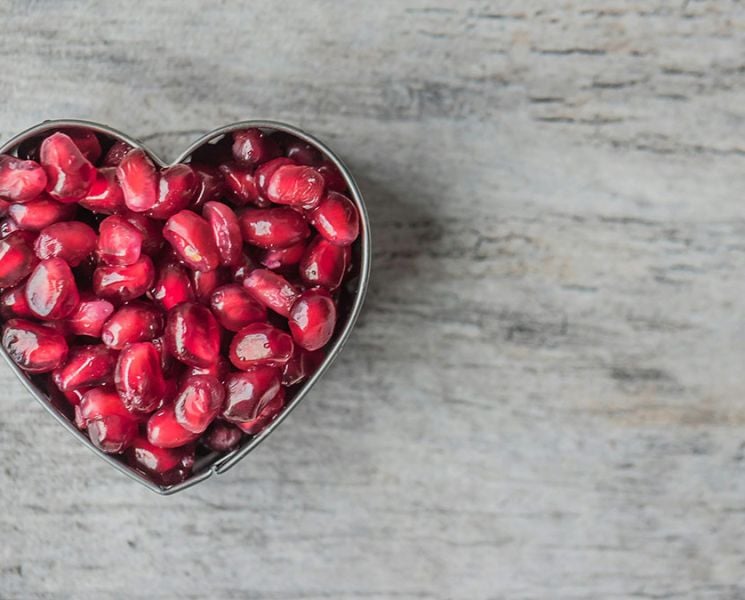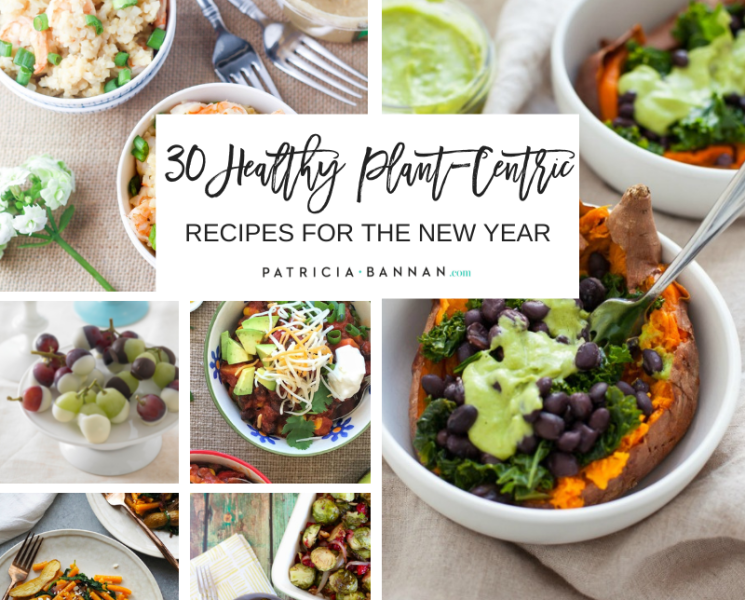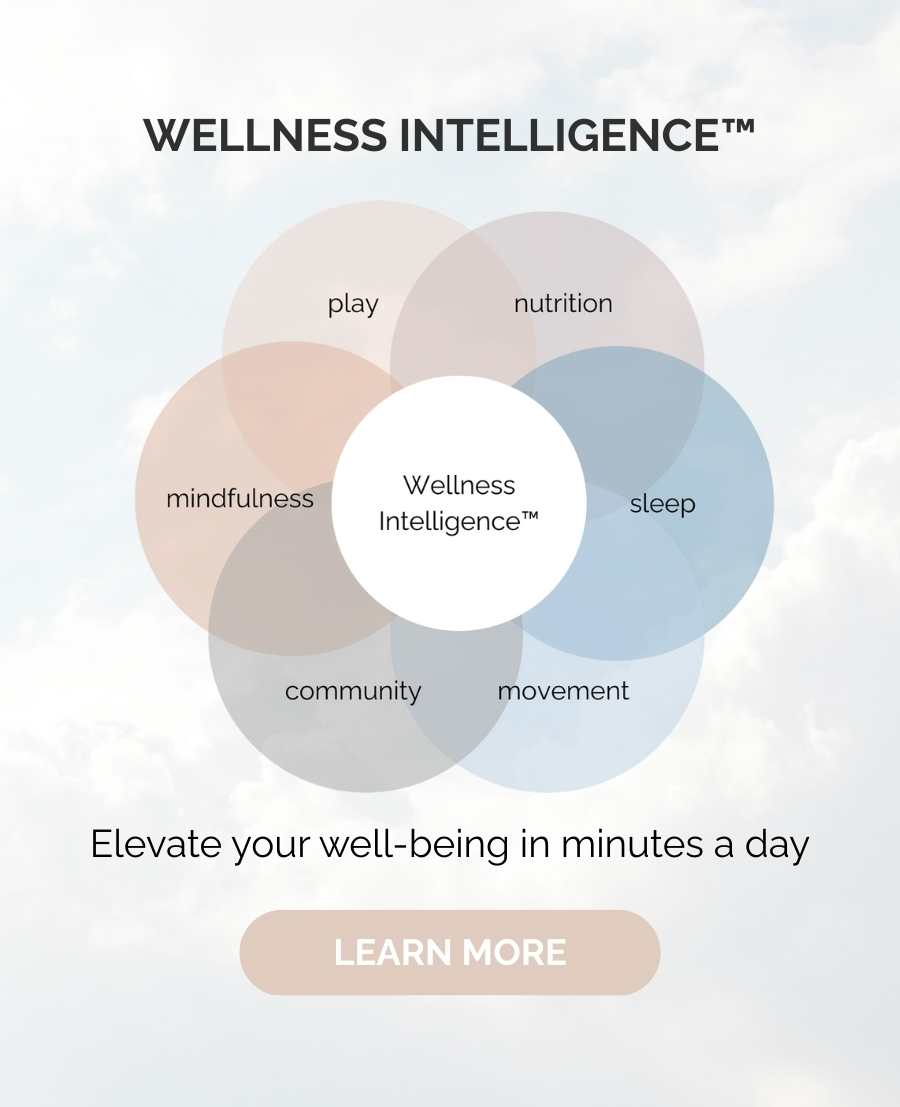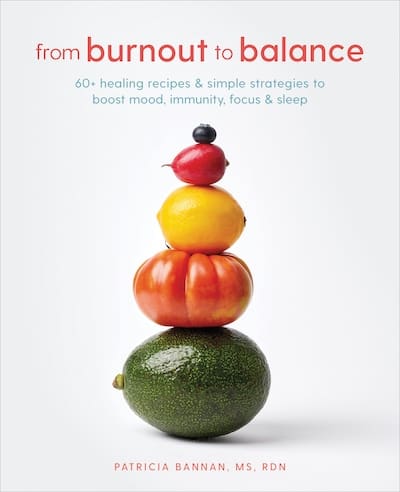Gut health is one of the most talked-about topics in wellness today — and for good reason. Your microbiome affects everything from digestion and immunity to mood and energy.
Fall has a way of speeding things up — longer workdays, back-to-back commitments, and holiday stress layered on top. Add in colder weather and comfort foods, and it’s no wonder energy dips and digestive issues often show up. I know for me, when the season shifts, I crave warmer meals and feel my schedule fill up, which is exactly when I have to be more mindful of my gut health.
Since about 70% of the immune system lives in the gut, an unbalanced microbiome doesn’t just affect digestion — it can also leave you more run-down and stressed. The good news? You don’t need a total reset. With a few simple habits woven into your routine, you can support your gut, boost immunity, and stay grounded through the season. Here are 9 ways to improve your gut health naturally.
1. Fill up on fiber.

Fiber is the body’s natural detox. It’s found in plant-based foods like fruits, vegetables, seeds, legumes, and whole grains. “While not a panacea for all digestive issues, eating more fiber can benefit many, particularly those experiencing constipation.
Both soluble and insoluble fiber are important, but for those with constipation, insoluble fiber helps to add bulk to the stool and accelerate bowel movement,” says Begun MS, RDN, nutrition advocate and special diets expert. The general recommendation is to aim for 25-35 grams of fiber each day.
Simple ways to add fiber to your diet:
- Top oatmeal or yogurt with berries, chia seeds, or sliced pear for a fiber-rich breakfast.
- Choose popcorn, raw veggies with hummus, or 100% whole-grain crackers instead of chips.
- Toss chickpeas into a salad, blend black beans into a soup, or mix lentils into pasta sauce for a simple fiber boost.
2. Eat More Cruciferous Vegetables

Cruciferous vegetables like broccoli, Brussels sprouts, and kale contain powerful compounds that help feed beneficial gut bacteria and keep your microbiome in balance. They’re also rich in fiber, vitamins, and antioxidants, making them a true multitasker for your health. Including cruciferous vegetables regularly in your diet can give your gut an extra boost while supporting digestion, immunity, and overall wellness.
Simple ways to add cruciferous vegetables to your diet:
- Roast brussels sprouts or cauliflower with a bit of olive oil, garlic, salt, pepper, and fresh herbs
- Add chopped kale to a soup, pasta, or casserole
- Blanche broccoli florets and add to your favorite salad before chilling
3. Incorporate More Whole Grains
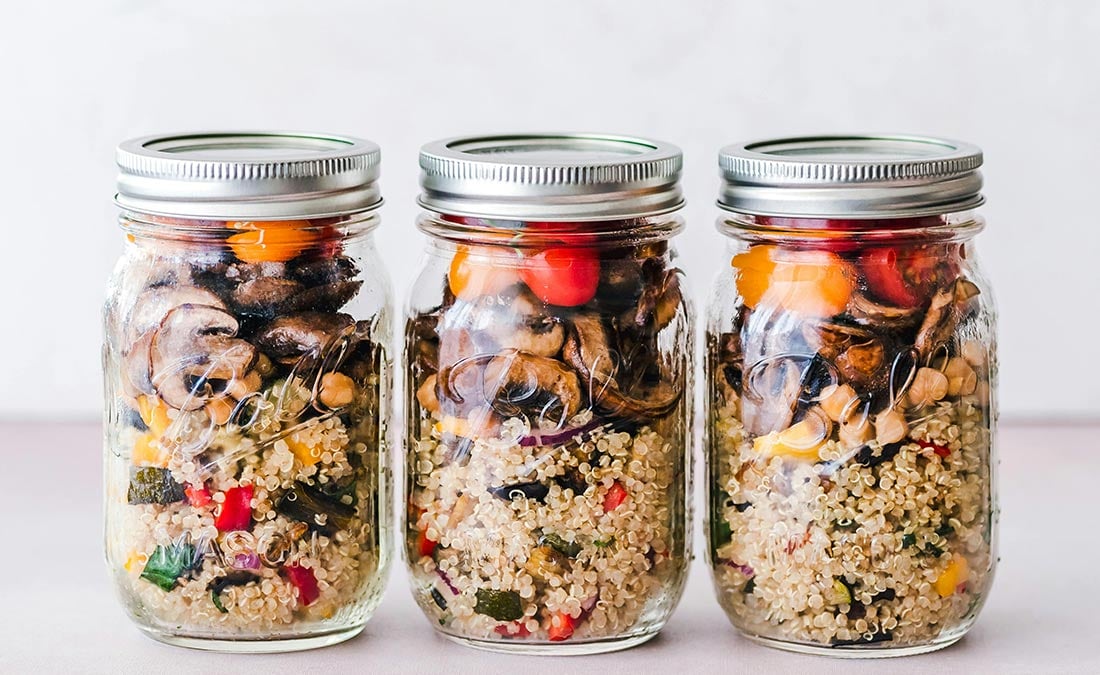
Whole grains contain important nutrients like protein, fiber, and B vitamins. They also improve bowel health by helping to maintain regular bowel movements and promoting the growth of healthy bacteria in the colon. Whole grains (like barley, brown rice, buckwheat, and quinoa) contain the germ, endosperm, and bran of the grain; whereas, refined grains only retain the endosperm.
A study published in the American Journal of Clinical Nutrition found that participants who were fed a diet rich in whole grains for two weeks saw improvements in their stool weight and frequency, as well as gut bacteria, compared to people who were fed a diet with refined grains.
Simple ways to add more whole grains to your diet:
- Start your morning with oatmeal
- Enjoy a whole-grain snack like popcorn or 100% rye crackers with hummus
- Add a whole grain to your salad
4. Enjoy Fermented and Cultured Foods

Fermented and cultured foods, like kefir, yogurt, kimchi, and kombucha, have natural probiotics and prebiotics. These are bacteria for your gut that research shows help with digestion, inflammation, allergies, irritable bowel syndrome, blood pressure, and high cholesterol.
Kefir is super rich in probiotics. Research suggests that these probiotics contribute to a healthier gut by supporting the growth of good bacteria as well as challenging the development of disease-causing bacteria. Since many flavored Kefir products on the market can be loaded with added sugar, look at the label and choose one with 12 grams of sugar or less per cup. Ideally, you can find a plain version and mix in your own fruit for added natural sweetness.
Simple ways to incorporate them into your meals:
- Add kefir to your smoothies, as well as dips and homemade baked goods like pancakes or muffins
- Enjoy a glass of kombucha, a fermented green or black tea drink
- Experiment with fermented foods like sauerkraut, pickles, miso, tempeh, and kimchi
5. Drink Coffee (in moderation of course!)

If you’re like me, the aroma of a morning cup of Jo is worth getting out of bed for. And while too much of a good thing is, well, too much, recent studies have pointed to the health benefits of coffee in moderation. In addition, there is evidence to suggest that coffee may have a positive effect on the gut as well.
Try these healthy holiday coffee drinks that are fun to incorporate throughout the year to elevate your coffee game.
Simple ways to enjoy more coffee:
- Brew up a cup of coffee, espresso, or a latte made with unsweetened milk, then top it with some cacao powder
- Try making some dark chocolate-covered coffee beans for a dessert
- Remember to enjoy coffee in moderation to avoid energy slumps and trouble sleeping
6. Maintain an Active Lifestyle

In addition to including specific foods in your diet for a healthy gut, how much you move appears to be important as well.
A study published in 2017 divided female volunteers into two groups based on their activity levels: active and sedentary. The definition for sedentary activity was that of the World Health Organization, which is less than 30 minutes of activity three times a week. At least three hours of exercise weekly was considered necessary to be classified as active.
When gut bacteria were analyzed, there was an inverse relationship between sedentary activity and microbial “richness.” This means that people who displayed the most sedentary habits were more likely to have fewer identified species of helpful bacteria in their gut.
Simple ways to stay active:
- Find a resistance program you enjoy and plan to incorporate resistance exercise at least 2 times a week
- Take work calls while standing or walking around your office space
- Find an exercise class online or through an app for indoor exercise
7. Chew your food well.

The digestive process begins right when food hits your mouth. The saliva that is produced when you chew food contains an enzyme called amylase that helps break down the food while you chew.
The better you chew your food, the smaller the food particles will be that enter your stomach, which means less energy and digestive enzymes are needed, resulting in better digestion of the food.
Simple ways to chew food well:
- Put your fork down between bites to slow your pace.
- Aim to chew each bite about 15–20 times before swallowing.
- Eat without distractions (like screens) so you notice your chewing.
8. Stay hydrated.

Hydration is essential to our health as our bodies are made up of 60 percent water by weight. “Water is necessary for all body functions, including digestion and gut health. Eating more fiber is often recommended, but without enough water, fiber can’t do its job. Water and fiber work together to push stool through the GI tract,” says Begun.
The exact amount of water your body needs depends on such factors as climate, altitude, exercise, and age. However, as a general guideline, the Institute of Medicine recommends women drink 9 cups of water a day and men drink 13 cups of water a day.
Simple ways to stay hydrated:
- Keep a reusable water bottle at your desk or in your bag as a reminder to sip throughout the day.
- Flavor your water naturally with lemon, cucumber, berries, or fresh herbs to make it more enjoyable.
- Pair a glass of water with meals and snacks so hydration becomes part of your eating routine.
9. Manage your stress levels.

Stress produces a hormone called cortisol, which prepares the body for the fight-or-flight response in a stressful situation. While this response is important for an acute situation, when the stress response becomes chronic, digestion and absorption are compromised, and indigestion, irritation, and inflammation can result.
“Improving your ability to cope with chronic stress will help improve your body’s digestion and wellbeing. Research demonstrates that by practicing relaxation exercises and following lifestyle habits to calm the nervous system, such as deep breathing or spending time with a supportive friend, may prove helpful for virtually all digestive conditions,” says Misti Gueron MS, RDN. Other ways to control stress levels include meditation, exercise, and gratitude.
Simple ways to manage stress:
- Take five slow, deep breaths before meals to shift your body into “rest and digest” mode.
- Schedule short breaks during your day to stretch, walk, or simply step away from your desk.
- Build connection into your week — call a friend, share a meal, or spend time with a loved one.
Chaos to Calm: One Small Habit to Try This Week
Supporting your gut doesn’t have to mean a major lifestyle overhaul. Start small. This week, choose one of the suggestions above and give it a try. That simple step can help restore balance in your microbiome, improve digestion, and give your immune system a boost.
Gut health is just one piece of your overall well-being. Through Wellness Intelligence™, I help women connect the dots between nutrition, movement, sleep, stress, mindset, and connection — the six pillars that support lasting health. If you’re ready to learn more, explore how Wellness Intelligence can help you strengthen your gut, boost your energy, and bring more balance into your busy life.
This article has been updated since the previous publish date of May 2023.

